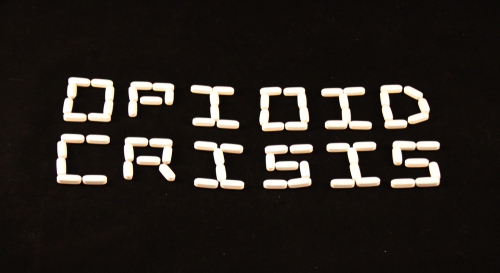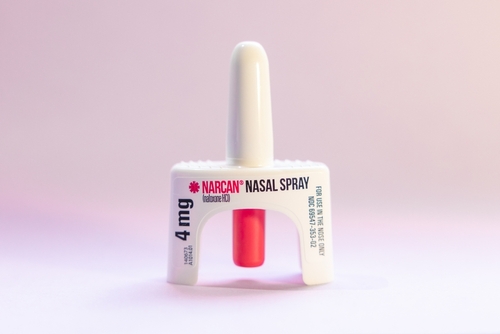
This week, the Biden administration unveiled a much-anticipated list of 10 medications that will be subject to Medicare price negotiations. This step initiates a large-scale program intended to reduce drug spending, a program that has received pushback from the pharmaceutical industry.
The medications—which are used to treat heart disease, cancer, diabetes, and other conditions—are taken by millions of older Americans each year and cost Medicare billions of dollars annually. The Centers for Medicare & Medicaid Services compiled the list by prioritizing medications that account for the highest Medicare spending, have been on the market for the longest duration, and have not faced any market competition.
Drugs Selected for Medicare Price Negotiations
- Eliquis, for preventing strokes and blood clots, from Bristol Myers Squibb and Pfizer
- Jardiance, for diabetes and heart failure, from Boehringer Ingelheim and Eli Lilly
- Xarelto, for preventing strokes and blood clots, from Johnson & Johnson
- Januvia, for diabetes, from Merck
- Farxiga, for diabetes, heart failure, and chronic kidney disease, from AstraZeneca
- Entresto, for heart failure, from Novartis
- Enbrel, for arthritis and other autoimmune conditions, from Amgen
- Imbruvica, for blood cancers, from AbbVie and Johnson & Johnson
- Stelara, for Crohn disease, from Johnson & Johnson
- Fiasp and NovoLog insulin products, for diabetes, from Novo Nordisk
“This is a long time in coming,” President Biden said, after being introduced by a 71-year-old North Carolina man suffering from blood cancer and diabetes. “We’re going to keep standing up to Big Pharma, and we’re not going to back down.”







 © 2025 Mashup Media, LLC, a Formedics Property. All Rights Reserved.
© 2025 Mashup Media, LLC, a Formedics Property. All Rights Reserved.